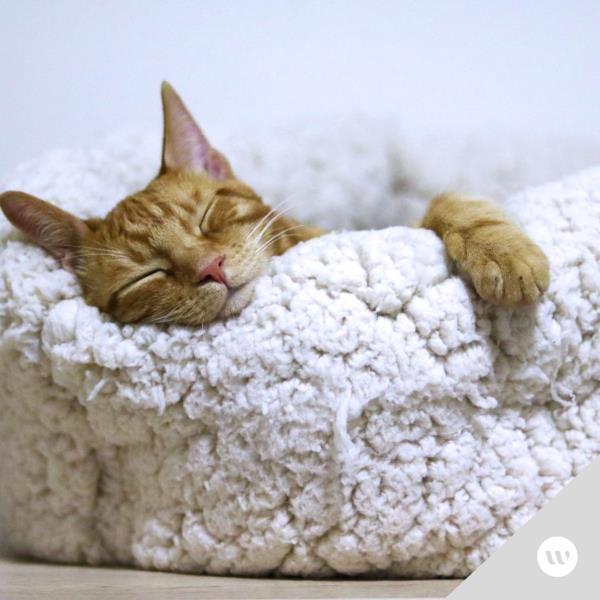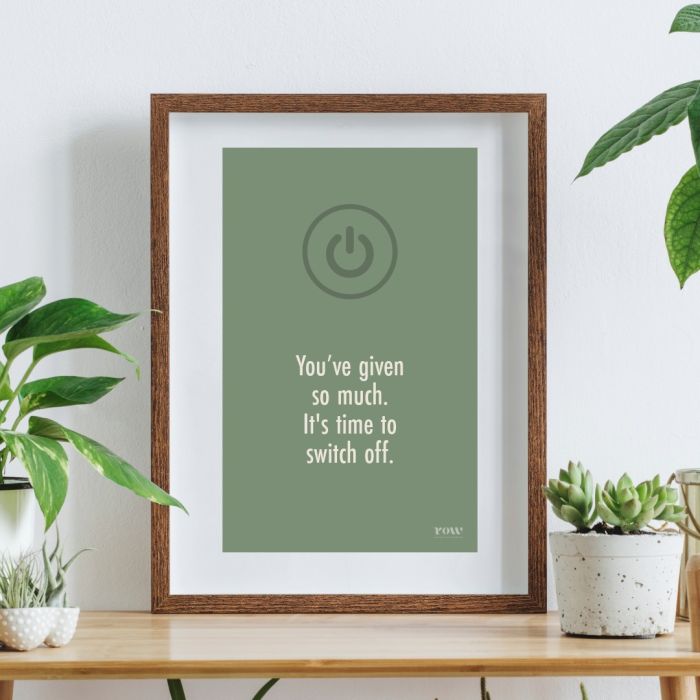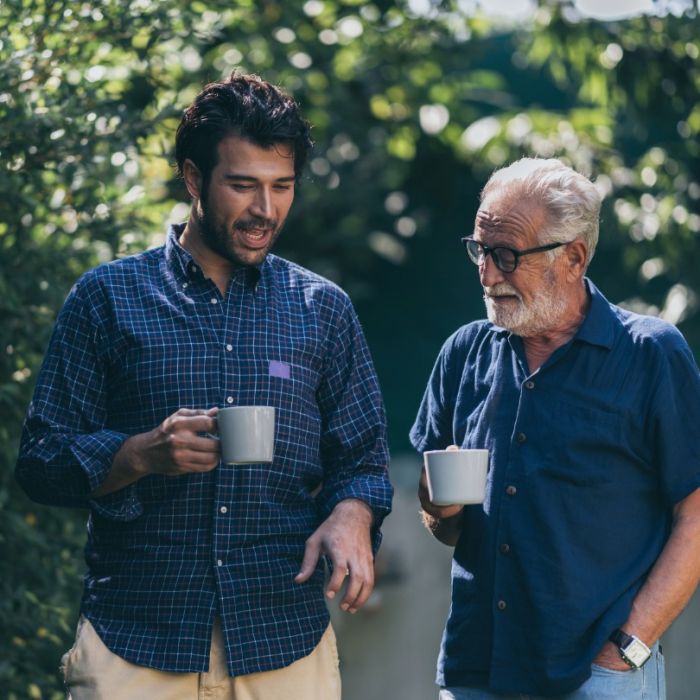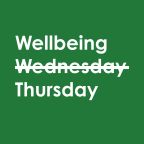A sleep coach shares eye-opening insights about our sleep, insomnia and what works when it comes to treatment.
Want to read more?
Sign in below if you're a Revolutionary (member).
Not a member yet?
Join in seconds! Just $10/month (+ any tax).
Cancel anytime.
Be a revolutionary and join now










